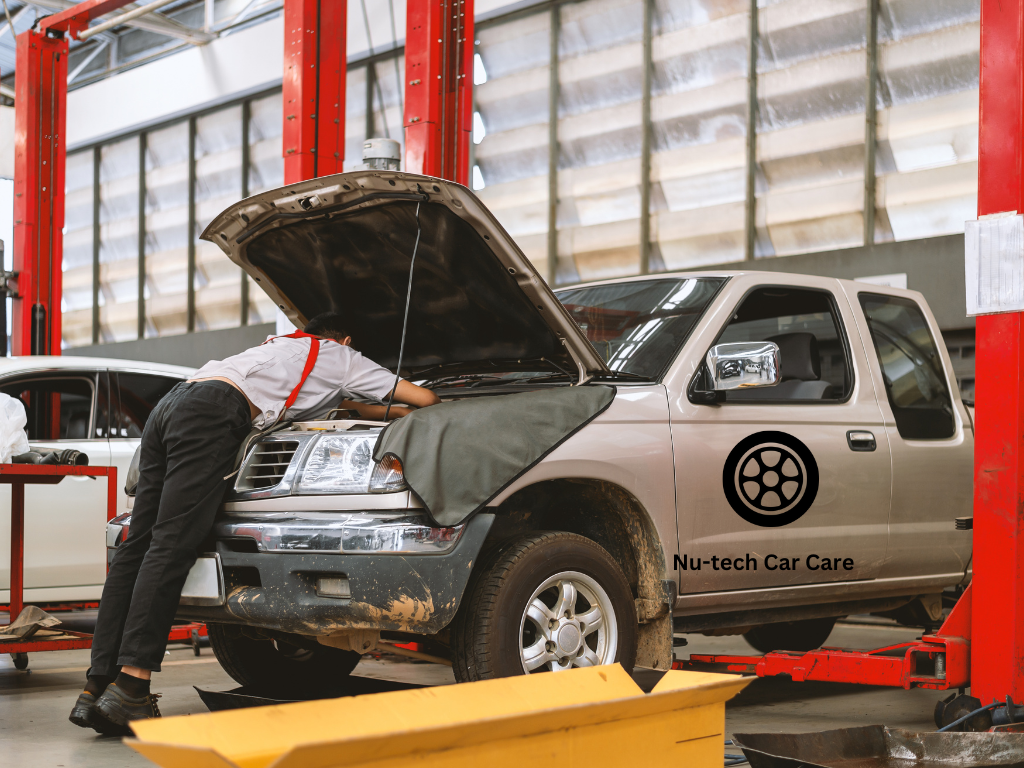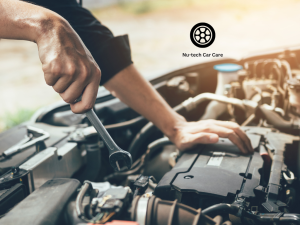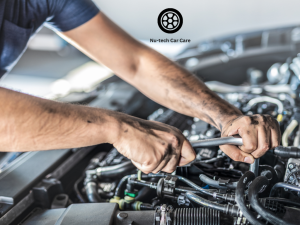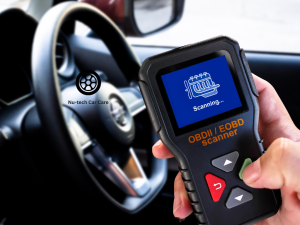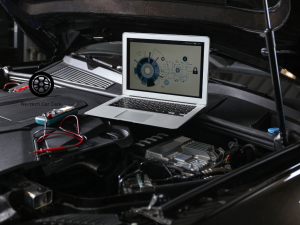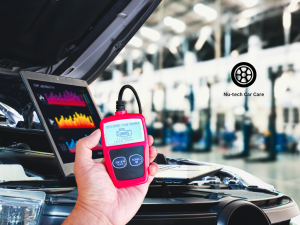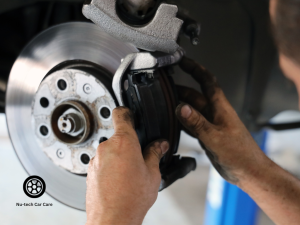Vehicle scanning is a smart way to check what’s happening inside your car. Instead of guessing, scanning tools connect to your vehicle’s computer system and read data from it. These systems can detect faults, errors, or performance issues—even if you don’t see or feel a problem yet.
Most modern cars have built-in sensors that monitor everything from engine temperature to airbag systems. When something’s off, a scan tool picks it up right away. This helps drivers and mechanics know what needs attention before things get worse.
Why It’s Becoming a Standard Part of Car Care
Today, vehicle scanning is no longer just for mechanics—it’s a key part of smart Car Care. That’s because cars have become more advanced. They rely on sensors, modules, and onboard systems to run smoothly. Without scanning, it’s easy to miss early warning signs.
Adding a quick scan to your routine check-up can save time, money, and stress. Whether you’re visiting a garage or using your own device, vehicle scanning gives you more control over your car’s health.
Early Detection Means Fewer Big Repairs
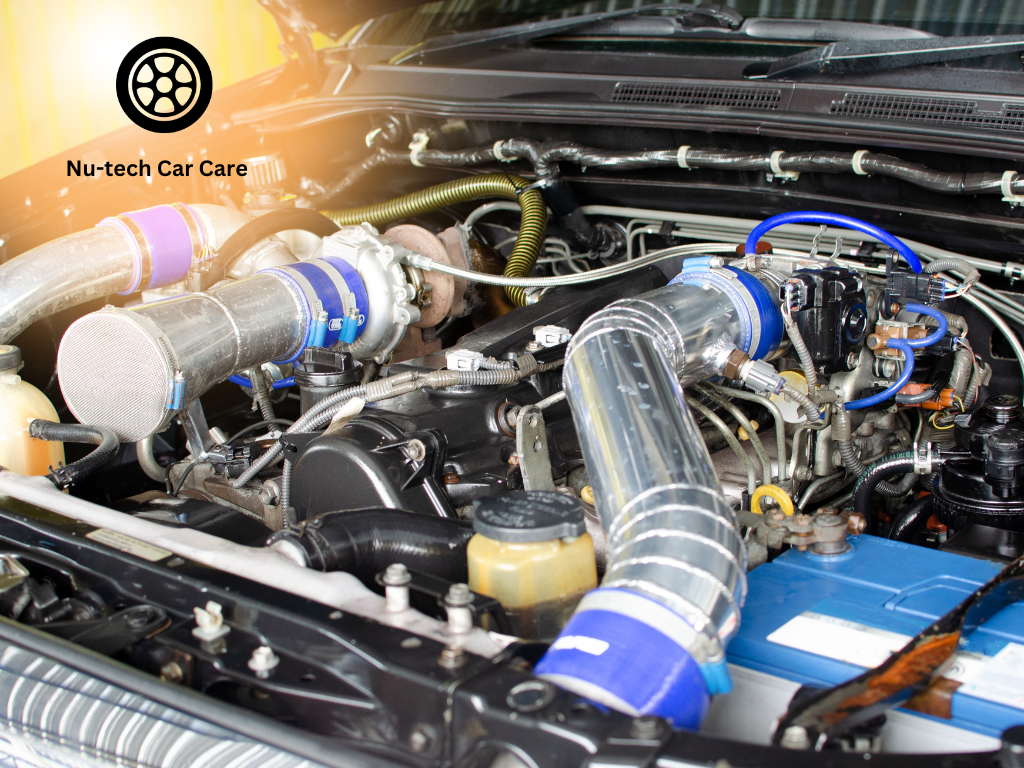
How Auto Current Scanners Spot Problems Sooner
Using auto current scanners can help you catch problems while they’re still small. These scanners can find things like low voltage issues, sensor errors, or unusual readings from your engine’s systems.
A good auto current scanner looks deeper than just the surface. It checks signals and power flow, helping spot faults in systems like ignition, fuel injection, or even battery performance. That early warning gives you time to act—before a minor fault turns into a costly repair.
Catching Warning Signs Before They Turn Into Breakdowns
Not all problems show up with a blinking light on your dashboard. Sometimes, things are already going wrong behind the scenes. That’s why vehicle scanning is so helpful.
It lets you catch slow leaks, weak sensors, or electrical issues early. Fixing these now can prevent sudden breakdowns later. For anyone who cares about safe driving and smart Car Maintenance, early scans make a big difference.
How Vehicle Scanning Fits Into Routine Car Maintenance
Adding Diagnostic Checks to Your Car Service Plan
Including a vehicle scanning session as part of your regular Car Service is a smart move. It takes just a few minutes but can reveal a lot. Mechanics often scan cars before they even lift the hood. It gives them a clearer idea of what’s working—and what’s not.
For everyday drivers, this means fewer surprises. A routine scan can catch warning signs before they become full-blown failures. It’s a small habit that leads to long-term savings.
How Often Should You Use an Auto Current Scanner?
If you own an auto current scanner, doing a scan every few months is a great habit—especially before long trips. You don’t need to scan daily, but regular checks can help keep your Car Maintenance on track.
For older vehicles or high-mileage cars, scanning more often is even more helpful. And during any scheduled Car Service, make sure to ask your mechanic if a scan is included. It’s a quick step with big benefits.
The Most Common Problems Found During a Vehicle Scan
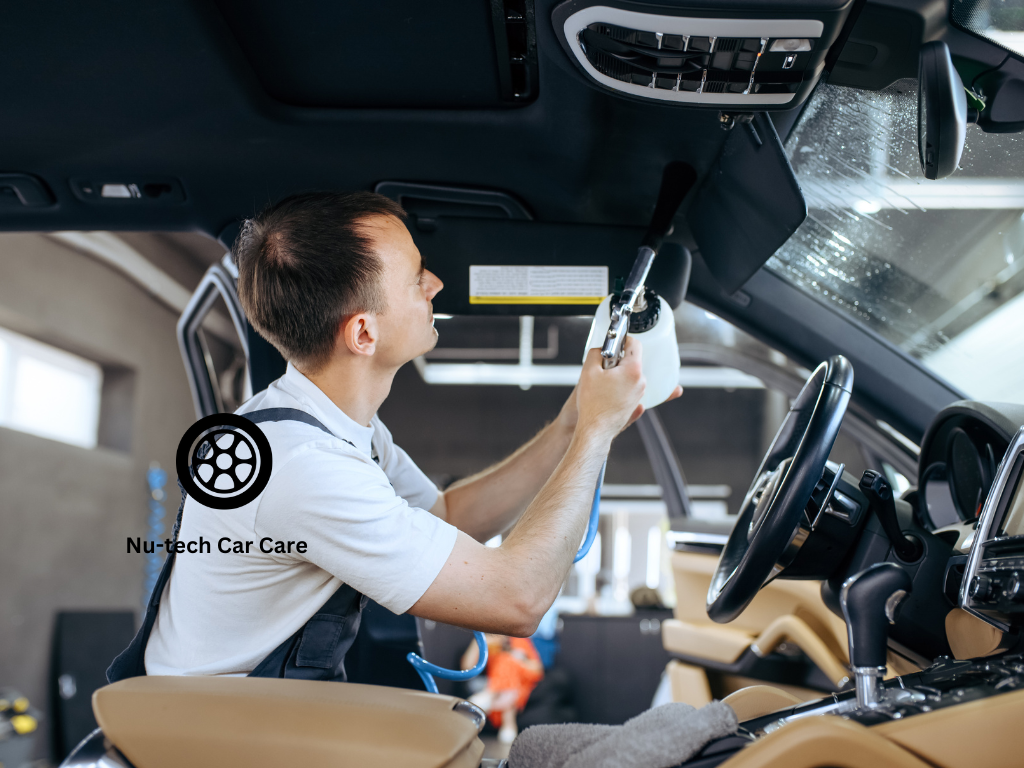
From Engine Trouble to Transmission Glitches
One of the biggest benefits of vehicle scanning is that it reveals problems most drivers can’t see. Some of the most common issues found include engine misfires, faulty sensors, transmission slips, and emission control problems.
Even if your car sounds fine, a scan might uncover hidden faults that affect performance or fuel efficiency. Whether it’s a broken sensor or a loose connection, catching these issues early is a key part of smart Car Care.
What Those Confusing Fault Codes Actually Mean
After a scan, you’ll usually see something called a “fault code” or “error code.” These codes help identify what system needs attention. For example, a code might tell you if there’s a problem with your oxygen sensor, fuel system, or exhaust.
Using an auto current scanner, you can read and even clear these codes. Many scanners also give short descriptions to explain the issue. This helps you decide if it’s something you can fix—or if it’s time to visit a Car Service centre.
Why Scanning Is Smarter Than Waiting for Warning Lights
Not All Problems Trigger Dashboard Alerts
Many people think they only need a scan when the “Check Engine” light turns on. But not every issue shows up on your dashboard. Some problems develop slowly or go unnoticed by basic warning systems.
Vehicle scanning dives deeper into your car’s electronics. It can uncover problems that haven’t triggered a light yet—like small sensor issues, power drops, or faulty data readings. These hidden faults can still affect how your car runs, so it’s smart to check regularly.
Scan First, Fix Early, Save More
Waiting until something breaks can cost you a lot more than fixing it early. That’s why scanning as part of your regular Car Maintenance is such a good idea. A simple check now can prevent bigger repairs later.
By using an auto current scanner or asking for a scan during your next Car Service, you get ahead of problems before they get expensive. It’s a small investment with big benefits for your wallet and your peace of mind.
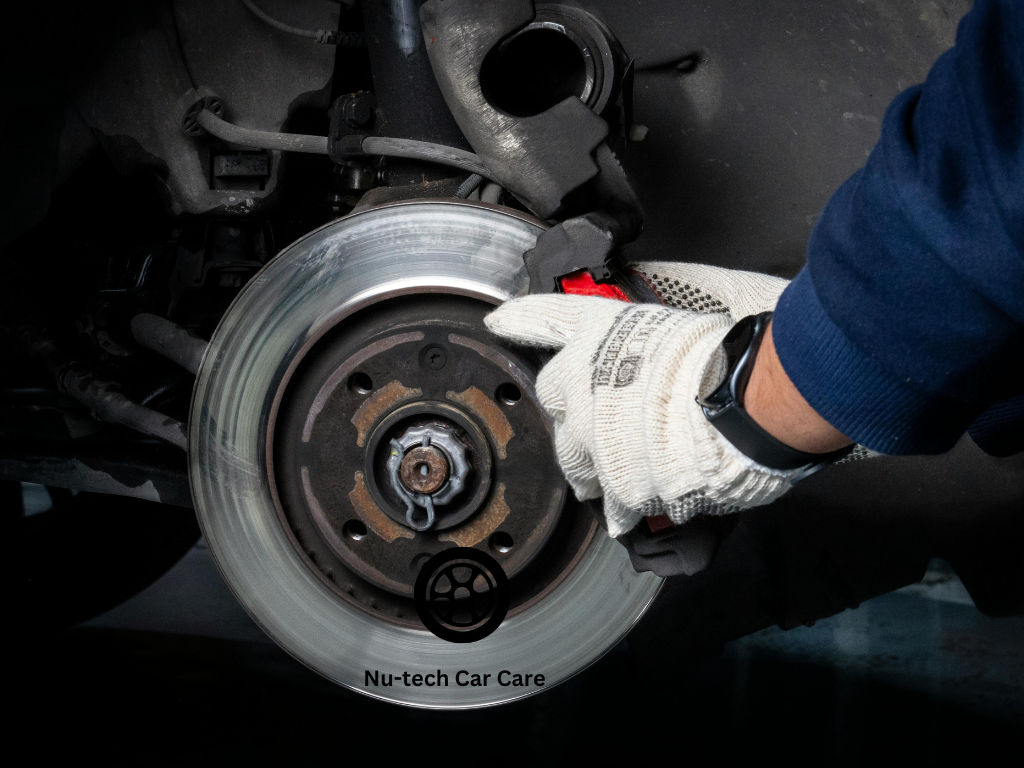 Choosing the Right Auto Current Scanner for Home or Workshop Use
Choosing the Right Auto Current Scanner for Home or Workshop Use
What to Look for in a Reliable Auto Current Scanner
If you’re thinking about buying an auto current scanner, there are a few things to keep in mind. Look for one that’s easy to use, works with your car model, and displays fault codes clearly. Some advanced models even connect to your phone via Bluetooth.
For basic Car Care, a simple plug-and-play scanner might be all you need. But if you want more detailed readings—like live data, voltage tracking, or system monitoring—go for something with extra features.
Tools for DIYers vs. Tools for Professional Car Service Shops
Home users can get great value from affordable scanners that check engine codes and reset warnings. These tools are perfect for keeping up with regular Car Maintenance.
But for full workshops or serious enthusiasts, professional-grade auto current scanners offer deeper diagnostics. They can scan more systems, support multiple vehicle types, and give advanced readings that help with complex repairs.
Whether you’re doing DIY maintenance or running a Car Service, the right scanner makes all the difference.

